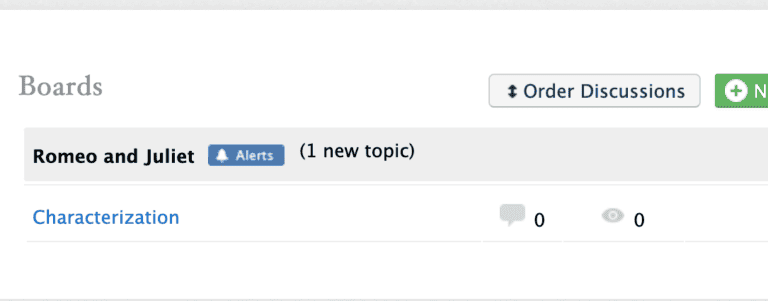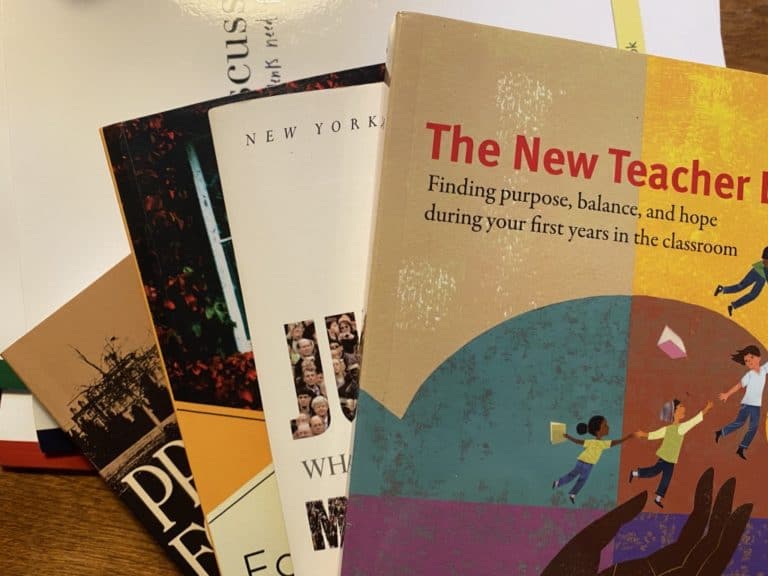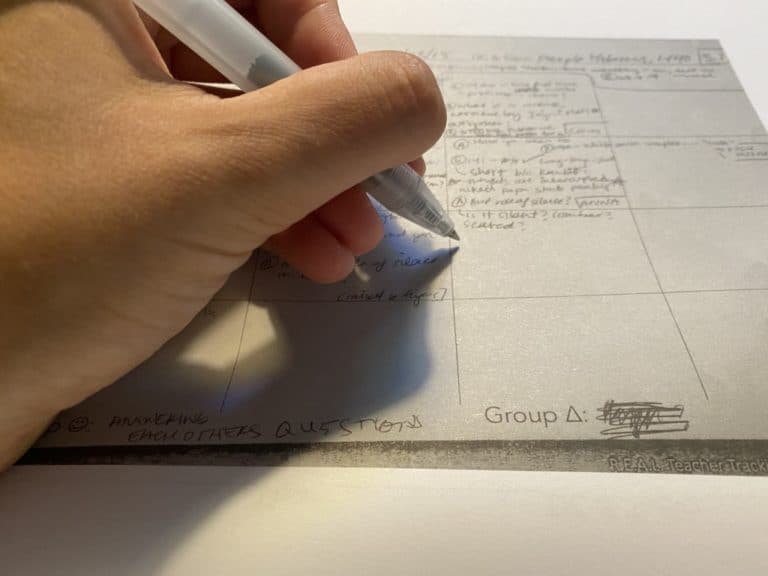Office Hours: 30 Minutes with Alexis Wiggins
“When I considered my values or goals for discussion, I realized that my goal wasn’t to have kids speak more, but to encourage them to ask questions, to reference the text more often, to be unafraid to say they’ve rethought and want to follow up with a question.”





